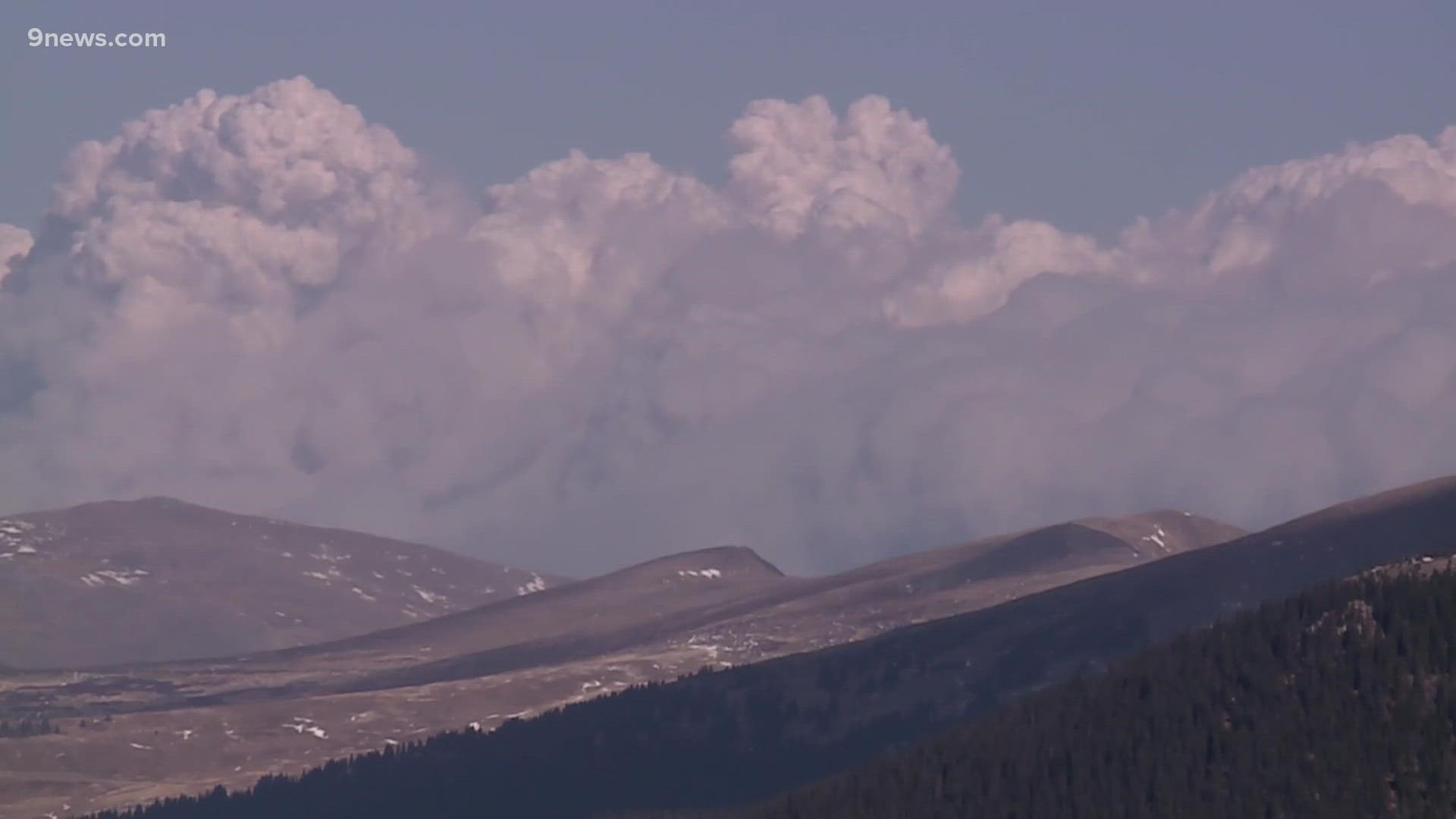DENVER — In an effort to offset decreases in stream flows in recent years, scientists are looking to cloud seeding to produce more precipitation where it is needed.
"Colorado can do everything within its means for conservation and storage, but the only way to actually add water to a system is through seeding,” said Colorado Weather Modification Program Manager Andrew Rickert.
Cloud seeding is exactly what it sounds like. Using generators on the ground to put particles, in this case silver iodide, in the clouds. The particles act as water molecules, effectively “fertilizing” the clouds.
The molecules in the clouds cling to the silver and, under the right conditions in the right areas, can form snow.
“You want steep mountains that will help uplift the airmass. You want to have good prevailing winds that push up against the mountains in a way that will get that uplift that's necessary to get the materials into the cloud base,” Director of Science for the Colorado River District Dave Kanzer said. “And then you need a moist air mass and you need the clouds.”
When conditions are just right, generator operators run to turn on the machines. Some of the machines are remote controlled, and others require a manual switch, which can lead to lost time.
"Remote generators are just much better at cloud seeding so you know, a lot of the money that I get, it goes towards retiring older manual generators and trying to put out these new remote generators," Rickert said.
Cloud seeding can make it snow about 10% more in a single storm, and 8% more over a winter season. The 8% is about the same rate we’ve seen stream flow decrease with each degree rise in average temperature.
The state of Colorado has six state sponsored weather modification programs, all of them are on the western slope. Studies continue to happen to look at whether new programs that benefit the eastern plains are realistic.
"Cloud seeding is a very effective way to for us to offset that downward trend and try to at least stabilize our water supplies that are based on this very important snowmelt system," Kanzer said.
SUGGESTED VIDEOS: Latest from 9NEWS

